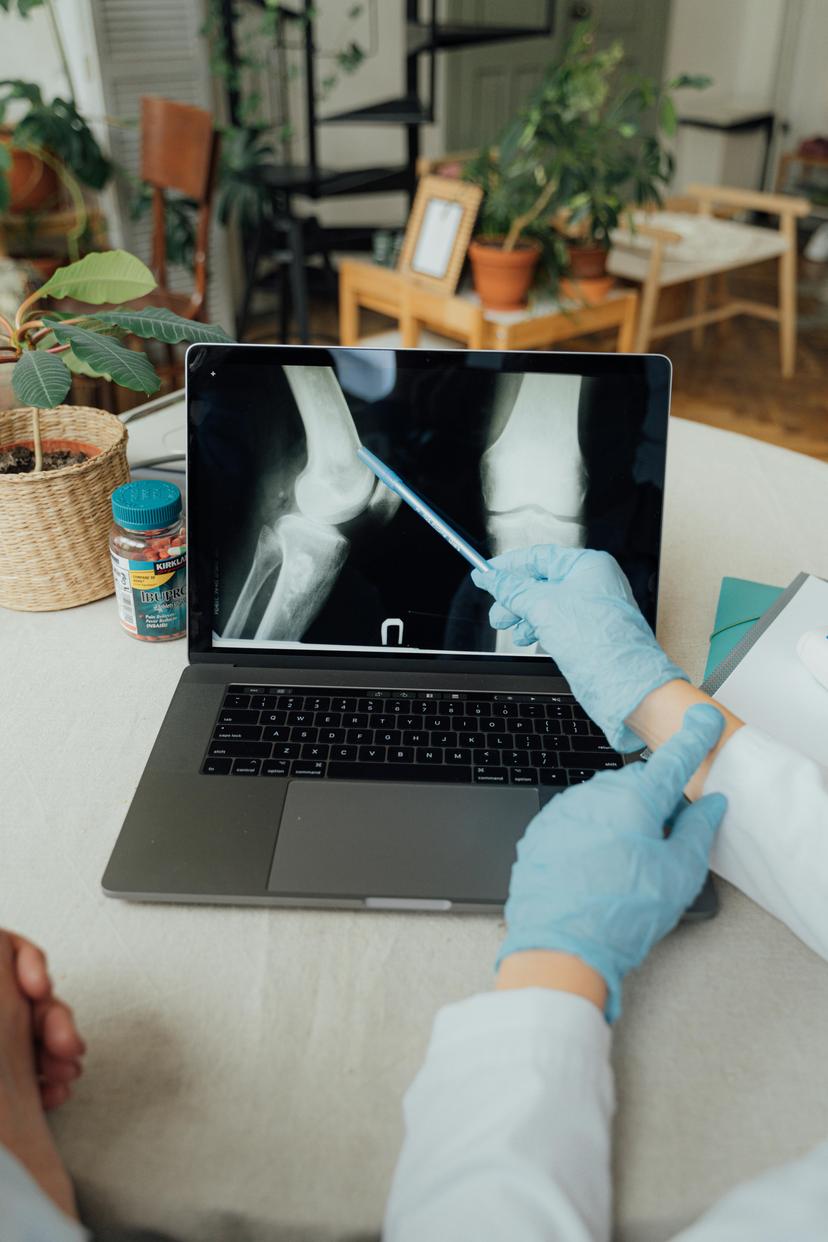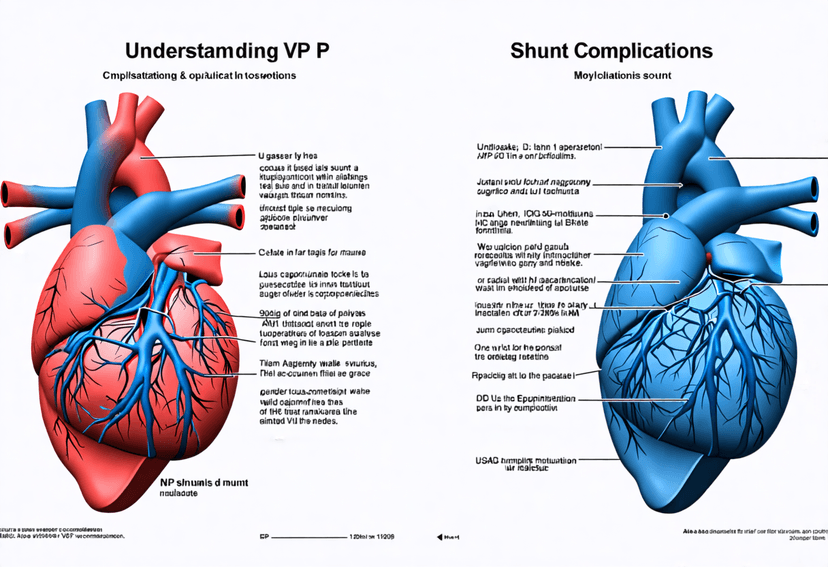
Beyond the Basics: Understanding and Preparing for Potential Knee Replacement Complications
28 Oct, 2024
 Healthtrip
HealthtripKnee replacement surgery is a significant decision, and while it can be a highly effective solution for alleviating chronic pain and restoring mobility, it's essential to be aware of the potential complications that can arise. As with any major surgical procedure, there are risks involved, and it's crucial to understand these risks to make an informed decision about your care. At Healthtrip, we believe in empowering our patients with knowledge, so they can take an active role in their recovery and make the most of their treatment. In this article, we'll delve into the potential complications of knee replacement surgery, how to prepare for them, and what you can do to minimize your risk.
Understanding the Risks
Knee replacement surgery, like any surgical procedure, carries a risk of complications. Some of the most common complications associated with knee replacement surgery include infection, blood clots, nerve damage, and implant failure. While these risks are significant, it's essential to remember that they are relatively rare, and the vast majority of patients undergoing knee replacement surgery experience a successful outcome. However, it's crucial to be aware of these potential complications and take steps to minimize your risk.
Most popular procedures in India
Infection
Infection is one of the most serious complications associated with knee replacement surgery. According to the American Academy of Orthopaedic Surgeons (AAOS), the risk of infection after knee replacement surgery is approximately 1-2%. While this may seem like a small risk, infections can be severe and even life-threatening in some cases. To minimize your risk of infection, it's essential to follow your surgeon's instructions carefully, keep the surgical site clean and dry, and attend follow-up appointments to monitor for any signs of infection.
Blood Clots
Blood clots are another potential complication of knee replacement surgery. The risk of blood clots is highest in the first few weeks after surgery, and they can occur in the legs or lungs. To minimize your risk of blood clots, your surgeon may prescribe blood thinners, and it's essential to follow their instructions carefully. Additionally, getting regular exercise, such as walking, can help reduce your risk of blood clots.
Wellness Treatments
Give yourself the time to relax
Lowest Prices Guaranteed!

Lowest Prices Guaranteed!
Nerve Damage
Nerve damage is a rare but potential complication of knee replacement surgery. This can occur when the nerves surrounding the knee joint are damaged during surgery, leading to numbness, tingling, or weakness in the leg. While nerve damage can be a serious complication, it's often temporary and resolves on its own over time. In some cases, physical therapy may be necessary to help restore strength and function to the affected leg.
Implant Failure
Implant failure is a potential complication of knee replacement surgery, although it's relatively rare. This can occur when the artificial joint wears out or becomes loose, leading to pain and stiffness in the knee. In some cases, additional surgery may be necessary to replace the failed implant. To minimize your risk of implant failure, it's essential to follow your surgeon's instructions carefully and attend regular follow-up appointments to monitor the implant's performance.
Preparing for Complications
While it's impossible to eliminate the risk of complications entirely, there are steps you can take to prepare for them and minimize your risk. One of the most critical steps is to choose a qualified and experienced surgeon who has a proven track record of success with knee replacement surgery. Additionally, it's essential to follow your surgeon's instructions carefully, both before and after surgery, to ensure a smooth and successful recovery.
Lifestyle Changes
Making lifestyle changes can also help minimize your risk of complications. This may include quitting smoking, losing weight, and exercising regularly to improve your overall health and reduce your risk of chronic diseases. Additionally, eating a healthy diet rich in nutrients can help promote healing and reduce your risk of infection.
Support System
Having a strong support system in place can also help you prepare for potential complications. This may include family members, friends, or caregivers who can provide emotional support and assist with daily tasks during your recovery. Additionally, joining a support group or online community can connect you with others who have undergone knee replacement surgery, providing a valuable source of advice and encouragement.
Conclusion
Knee replacement surgery is a significant decision, and it's essential to be aware of the potential complications that can arise. While these risks are serious, they are relatively rare, and the vast majority of patients undergoing knee replacement surgery experience a successful outcome. By understanding the risks, preparing for complications, and taking steps to minimize your risk, you can set yourself up for success and achieve the best possible outcome from your surgery. At Healthtrip, we're committed to providing our patients with the highest level of care and support, every step of the way.
Related Blogs

Knee Replacement in India: A Comprehensive Guide
Get affordable knee replacement surgery in India with Healthtrip, a

Knee Replacement Surgery: What to Expect
Get ready for a pain-free life with knee replacement surgery

VP Shunt Surgery: Risks and Side Effects
Understand the potential risks and side effects of VP shunt

Understanding VP Shunt Complications
Learn about the potential complications of VP shunt surgery and

The Risks and Complications of Transforaminal Lumbar Interbody Fusion (TLIF)
Learn about the risks and complications associated with Transforaminal Lumbar

Rotator Cuff Surgery: Understanding the Risks and Complications
What to know about potential risks and complications










